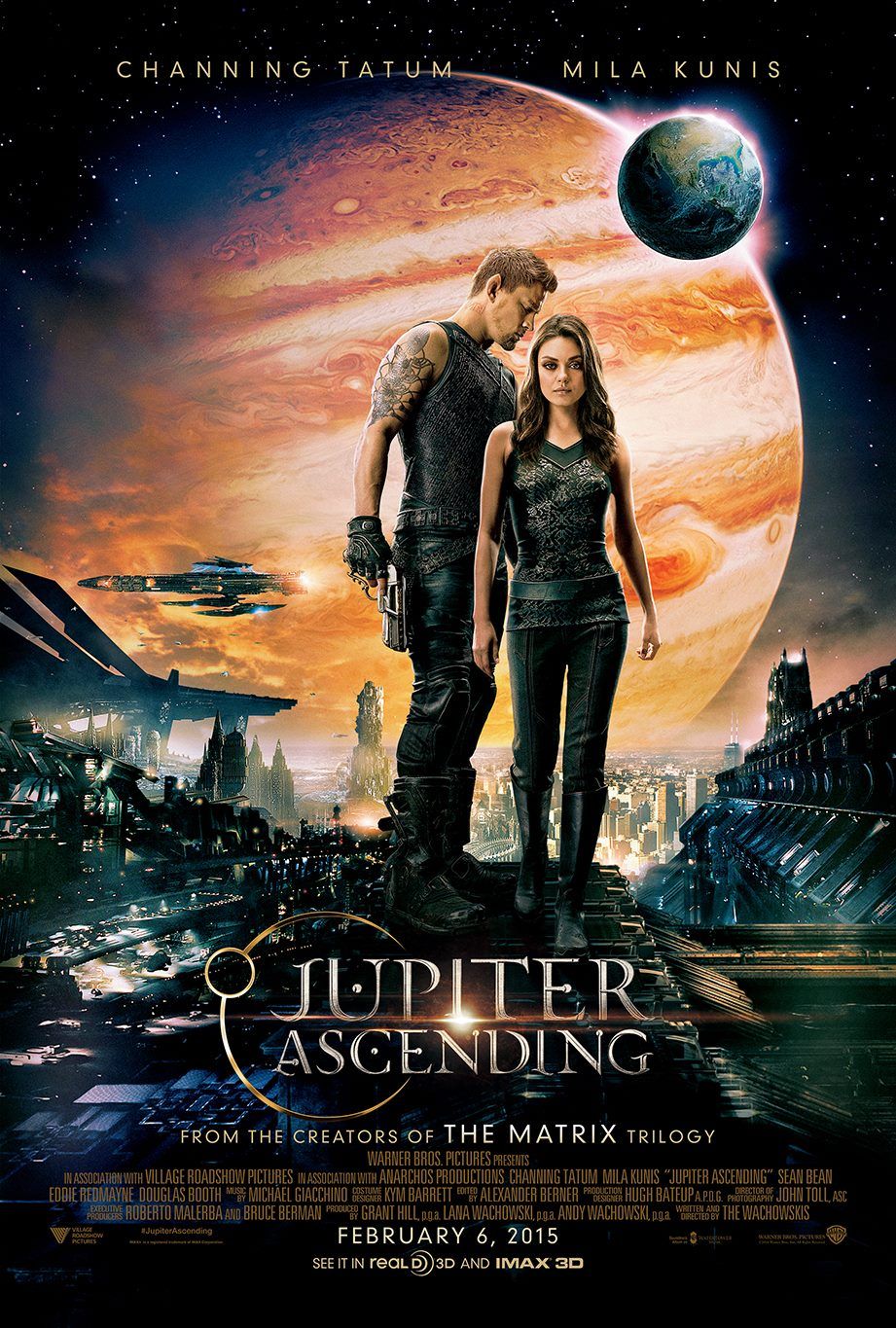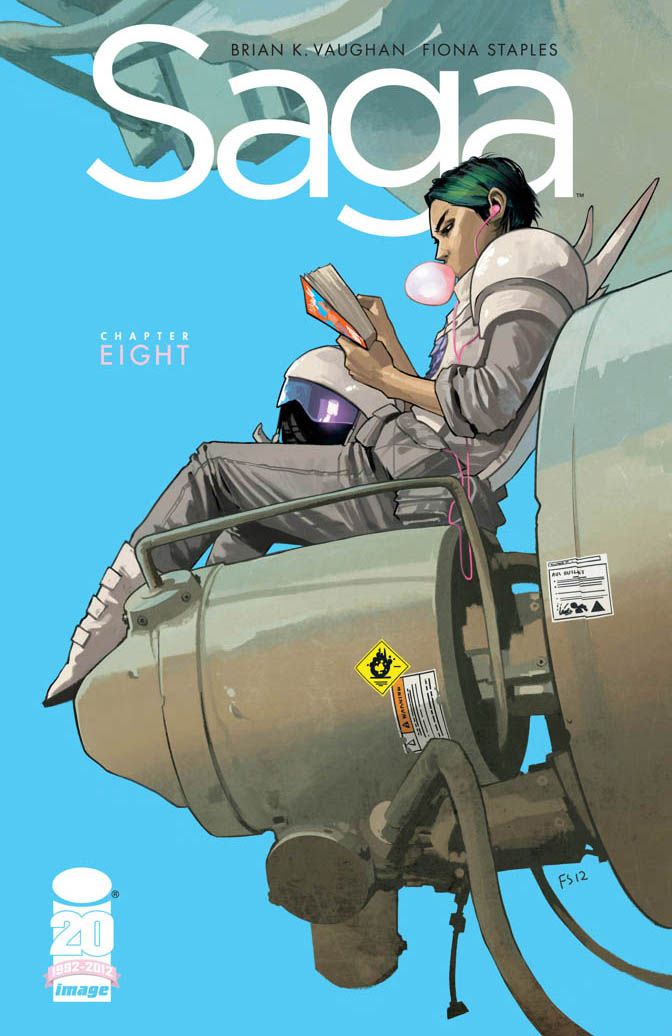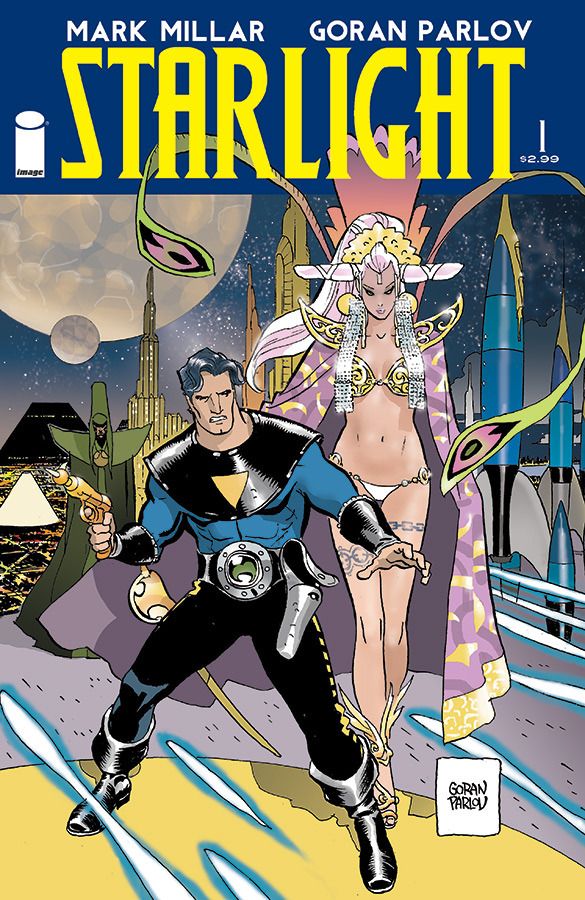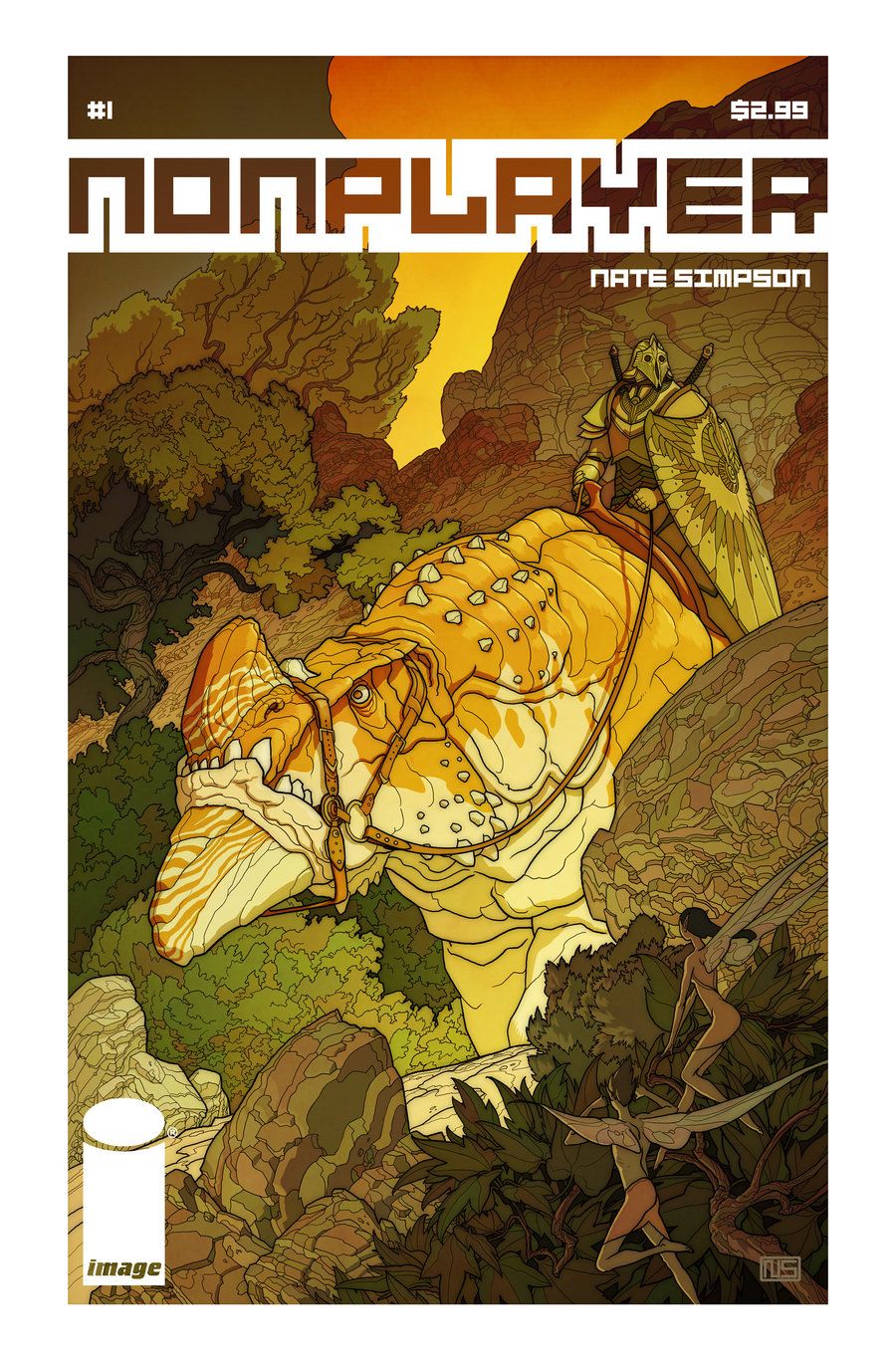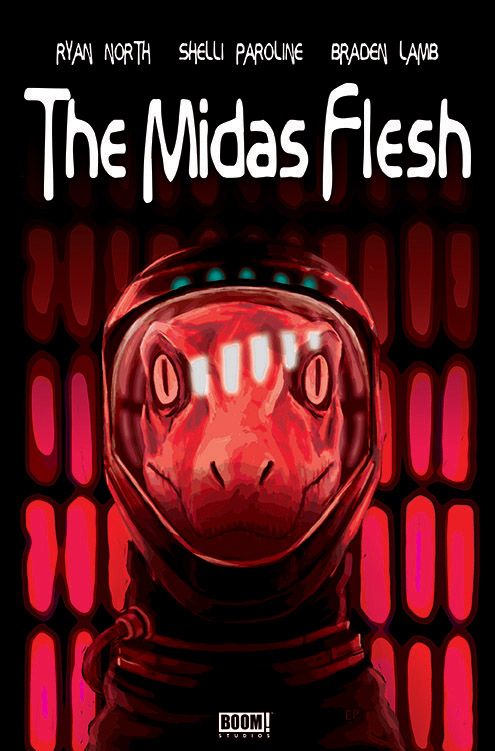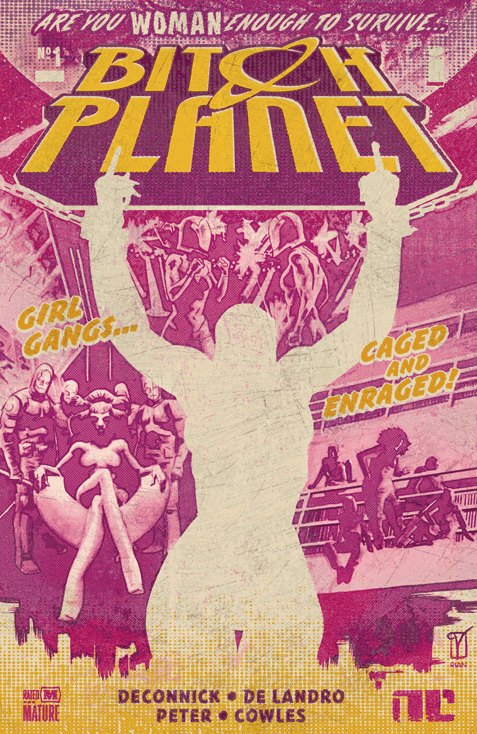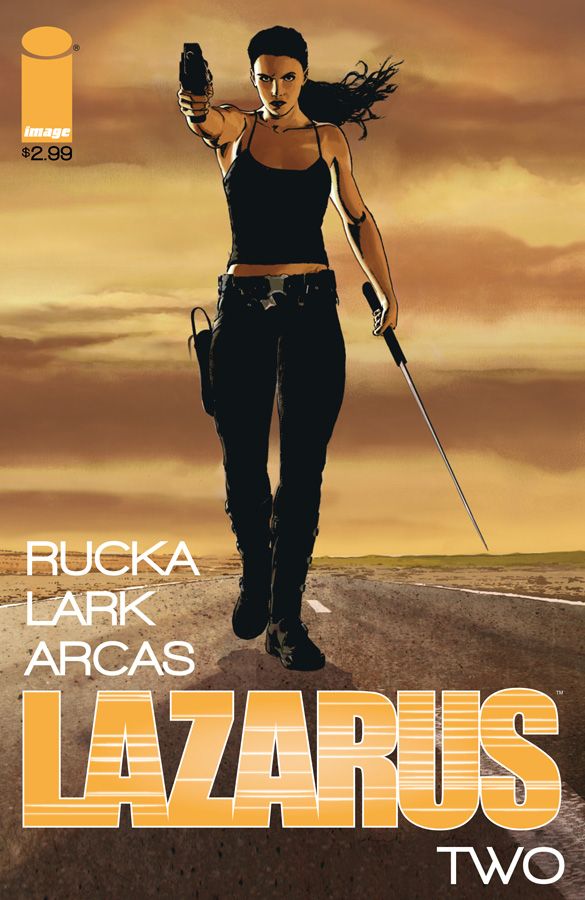This weekend my boyfriend and I went to see Jupiter Ascending. Going in knowing it was not going to be good
I sort of vaguely hoped that my lowered expectations would make for a better viewing experience. Nope. It was basically awful.
Why did I go knowing it would be bad? Well, for starters I do like to try to support original sci-fi. Especially stuff that isn't a reboot, remake, or sequel. But mostly my boyfriend was interested (even though he had the same fears and reservations) and relationships are about compromise, folks. So, Jupiter Ascending it was.
Still, though I was prepared to be underwhelmed, I was not prepared with how frustrated and even angry the film would make me. Seeing 176 million wasted on a sci-fi story that just bathed in the broadest and most cliché of concepts, and offered not one single surprise...not even an attempt to surprise. It offered nothing smart, or charming or funny, and it didn’t try to subvert expectations even once and for all of these reasons it was just epically disappointing.
There’s a good (and potentially great) cast here and yet they were given nothing of consequence to do. Mila Kunis and Channing Tatum are very easy on the eyes of course, but they’re also very charming actors but they were like blocks of dull wood here. Sean Bean, once our great and beloved Eddard 'Ned' Stark, given magnificent and layered material, is nothing but a plot device for heavy handed exposition. And Eddie Redmayne, a literal award winner this year for his work in The Theory of Everything, is relegated to such over the top hysterics that wouldn’t be at home in almost any movie. What let all these people down? Maybe the direction, but certainly an awful story and even worse script. The kind of story and script that you cannot possibly understand how it makes it through the gauntlet of filmmaking. One of many problems for JA, and a bit surprising for the writer/directors who brought us (at a minimum) Carrie Ann Moss’s excellent Trinity, the lead female role of Jupiter was basically a total throwaway. You could feel The Wachowskis’ trying to give Jupiter agency, but they managed it by only the slimmest of margins and at the end of the day, despite Kunis getting literally the ONLY laugh in the entire 127 minutes, she’s just a glorified damsel, which is damn disappointing.
There were a good things in the film of course - the effects on the whole were impressive and well done, though I preferred some of the quieter effects like alien cityscapes to the overly long sometimes frustrating action sequences of which there were many. Caine's “gravity boots” and the resulting effects and how they impacted the action scenes were cool, though too heavily relied on both as plot and as action device. Some of the costuming, especially some of Jupiter’s outfits were impressively outstanding.
But all of the things that worked or sort of worked were the kind of things that could have easily been applied to a more interesting and original story and script. In fact, while I was watching my mind kept leaping to similarly "epic" sci-fi and fantasy comics (all creator-owned) that would have made far better sci-fi movies if given 176 million dollars. Let’s talk about some of them!
SAGA by Brian K. Vaughan and Fiona Staples
Saga, despite being a property that Vaughan claims he wrote to be almost deliberately difficult to translate to film/TV, was of course the first and loudest comic that my brain kept bumping into while I watched Jupiter Ascending. Of all the books on my list, Saga is probably closest to the kind of epic story and massive world building that The Wachowskis were aiming for with JA. Looking at the posters for JA it’s easy to imagine that their greatest hope was to create a Star Wars for a new generation…and nobody would have liked to have a brand new Star Wars more than yours truly. And since Saga is often described (though it has long ago eclipsed this description) as Star Wars meets Romeo & Juliet, Saga is probably exactly the kind of story The Wachowskis should have been aiming for.
Saga mines a lot of the same general area of sci-fi story tropes as JA (and most sci-fi stories) but Saga does a great job of subverting those ideas and making them new and interesting in ways that JA continually failed to. For starters in Saga we don't have to endure an unbelievable "meet and fall in love instantly so that we can make it work for a 2-hour film” like JA, instead our couple is already together, on the run, and having a baby. Stupid trite love story problems SOLVED. Additionally, while JA tried to show some variety in their "non human looking" characters with a few giant kind of “alligator men” and some skinny grey-skinned “aliens” that looked a bit like Gollum, and a handful of one off designs here and there, the characters were mostly basically humans, which is pretty boring and unimaginative considering the scope of the universe that they were trying to convey. Tatum's vague "pointy human/wolf ears" as an attempt at diversifying their world was particularly weak. By contrast, Saga’s cast is insanely innovative - from terrifying (awesome) literal spider women assassins to people with monitors for heads and everything in between. Yes, these things add up quickly $$$$ wise, but one less battle sequence (no loss I assure you…we can manage with six major action set pieces instead of seven, in fact, the whole thing will probably pace better if you roll back the wall to wall action sequences – and I don’t just mean JA) then you can probably afford everything you need to give you world and characters a truly varied and impressively layered landscape, the TEXTURE a movie like that deserves. Saga is of course both not done and as the name suggests is an epic and sprawling story not easily contained or adapted. However, you could carve off a piece of it into a first film that would be completely satisfying, emotionally resonant, and wholly unique...words entirely unfamiliar to JA. [Sidebar: I’m not suggesting that Vaughn/Staples would allow that to happen, for Saga to be carved up into pieces, or suggesting that they should, I’m just trying to make the point of how creative and innovative it is comparative to JA].
On the female character front…no contest. Not only is our arguable co-lead Alana a force to be reckoned with and a wholly unique and fascinating character with a ton of agency, but the book is peppered with equally as compelling female supporting characters (Gwendolyn, The Stalk, Izabel, Klara, The Brand, and even Sophie) and technically the story is actually about Hazel, Alana’s daughter that is born on page one. When it comes to female agency, Saga has JA so beat it’s not even funny.
One of the best and most subversive things about Saga is that though we have our "lead protagonists" that we are rooting for, Vaughan and Staples do an exceptional job of making all of the characters relatable. It's easy to root against characters we perceive superficially of being "enemies" of our leads, but in Saga all the characters are so magnificently layered that it's tough to see "good guys" and "bad guys" - we know their feelings, goals, motivations, pressures, and responsibilities, which makes them human and more than just antagonists. Villainy is in many ways just a matter of perspective and that's a nuanced and complicated view that more smart sci-fi could really use - instead of just easy to vilify monsters with zero relatability. Audiences can handle and deserve more complex characters as well as the occasional happy ending that comes with grey areas.
STARLIGHT by Mark Millar, Goran Parlov, and Ive Svorcina
Another book I thought of frequently while watching JA was Mark Millar and Goran Parlov’s Starlight. Already optioned by Fox (before it was even released) and likely to actually become a film since a lot of Millar properties do make it all the way through the process (Kick Ass, The Kingsmen, and Wanted for a start) it mainly sprang to mind as a book that mines a lot of the world building and space epic aspects that The Wachowskis were clearly interested in with JA.
Starlight is a surprisingly easy to adapt self-contained sci-fi story that subverts some of the obvious story conventions we've grown bored of right out of the gate - namely the lead is an over the hill dude who is legendary on another planet but just an old guy with a lot of stories on earth. While it's true that mainstream Hollywood is not exactly low on stories about older white guys there's a lot of fun to the idea of basically Flash Gordon returning to Mongo, a place he helped bring peace to years ago (thus saving Earth), in order to once again aid and inspire the revolution.
Starlight also nicely avoids any tired love story nonsense, though it does have a somewhat cliché father-son thing going on. It’s focus on a revolution toppling an evil overlord has a lot of the beats that The Wachowskis’ were aiming for, though with a whole lot more humanity (or whatever you call humanity when it applies to alien planets). Though there is no strong female co-lead here, the supporting character of Tilda Starr is anything but a damsel as the head of the former queen’s Imperial Guard and now the leader of the revolution. She’s also not a love interest, and not white. All things that would be nice to see in a big time sci-fi film. Though Starlight hits on a few tired tropes there's more than enough here that feels new and interesting while also playing on our sci-fi nostalgia in smart enjoyable ways.
NONPLAYER by Nate Simpson
There's only one freaking issue of Nonplayer out this far - a scant 26 pages - and already it is a more fascinating and well developed world and concept than JA. Nonplayer was already optioned back in 2011 and according to a blog post by Simpson in December 2014, Warners has let that option lapse, meaning it's available (i.e. if you’re a studio exec interested in making an awesome sci-fi movie, here’s your chance). Additionally, and more importantly for us comic fans, we are on the verge of having another issue releasing soon (so excite!). Nonplayer #2 is scheduled for a June release date (and Nonplayer #1 is being reprinted in April) and one can only hope that more content as good as the first will get interest in this property humming again. I’m fine of course to let Nonplayer just be a brilliant comic, I’m always fine with that. But as I said, when something completely lacking in innovation like JA is given 176 million dollars, it makes one yearn for something truly interesting like Nonplayer to get that same opportunity.
There’s a reason that Nonplayer initially got optioned on the strength of a single issue and that's because the ideas and world building were so complete and engaging that it was EASY to see how it could be translated to other media and be a massive success. Gamers in a run down future playing in an incredibly realistic AI world is not an entirely original concept (here’s some news: nothing is) but Simpson’s treatment, style, and the attitude and character beats that he manages in those first 26 pages are truly exciting. There are worlds to explore, characters to fall in love with, and big mysteries to solve, all of it more fresh than the tried and not-so-true bad boy meets good girl and they fall in love and fight some stuff. : /
Bonus points for a female lead that has nothing damsel-y about her. Sure, she might have a love story in her future--we do only have the first piece of this puzzle--but it’s evident from go that she’s got agency to spare. Send 176 million Nonplayer’s way and we are COOKING.
Go to the next page for the next three comics!
THE MIDAS FLESH by Ryan North, Shelli Paroline, and Braden Lamb
Perhaps the least well known on the list, North’s underrated The Midas Flesh mini-series from Boom! has a lot of things going for it that would make it a truly interesting sci-fi film and one with a high-impact idea at its center that we haven't really seen before. Admittedly this is definitely a different vibe than something like JA, but that’s part of what makes it so much more interesting and actually unique instead of some warmed over seen it all before love story meets chosen one epic.
A bit more Gravity than Star Wars, The Midas Flesh is the story of three space adventurers in the future (distant enough that Earth is long dead) who are looking for something called the Midas Flesh basically the literal Midas touch story - and that idea - that anything touched turns to gold is rather than a literal gold mine, more of a planet killer - the ultimate weapon that if left unchecked can actually destroy the universe. Creator North does surprising things with this concept and really zigs when you think he might zag. He’s not afraid of the big questions and problems that this Midas Flesh idea creates. The ending is a bit wobbly compared to the rest of the series, but it is about as unique a concept as you can find in the well-mined sci-fi world these days.
The Midas Flesh gets bonus points for being actually funny (something JA was in desperate need of – a little levity can go a long way in action films as Marvel Studios has been proving over and over again) and its diverse main cast includes not one but two leading ladies and some racial diversity).
There are some complicated things to address in a translation to film, most notably that one of the three primary protagonists is a talking dinosaur, but again, cut out one major action set piece from your film and you can probably afford the special effects necessary to make that work. Hell, JA’s “alligator men” were pretty effective and convincing. Cute them up some, make them way smaller and make only one of them and you’re done!
Basically if movies like Interstellar (which includes lots of not exactly mainstream audience friendly literal science that barely makes sense to most viewers) and JA can be made (boring unoriginal sci-fi), then so can The Midas Flesh.
BITCH PLANET by Kelly Sue DeConnick, Valentine DeLandro, and Cris Peters
It's arguably still early to be talking about Bitch Planet in regard to adaptations but in an age when many comics get optioned before they're even released (Wytches, Descender, Starlight, Outcast, and many many more) it's not a ridiculous thing to discuss. Bitch Planet would definitely be a different kind of sci-fi movie - one with more comedy and camp and with a 70's exploitation vibe - but it would also be unlike anything we've seen in modern cinema. Resolutely feminist, bold, unapologetic, filled with female characters, and super weird, Bitch Planet is the definition of subverting expectations in all the best ways.
We’re only two issues in but I can already assure you this story has no place for a trite seen it before love story, there will be no cast of wall to wall white men, and certainly it presents revolution through an en exciting new lens.
Bitch Planet might not be a film perfect for mainstream audiences, or for The Wachowskis' sensibilities, but it has cult classic written all over it (and you definitely don't need 176 million to do it…though that sure would make it look pretty!).
LAZARUS by Greg Rucka, Michael Lark, and Santi Arcas
On the surface, Lazarus would appear to be really different from the movie The Wachowskis seem to want to make as there’s nothing space-y about Lazarus. However, it is still undeniably sci-fi and though Lazarus and JA are utterly different (thank god) Lazarus actually shares a bunch of the same ideas that JA clearly wanted to explore: A future/present ruled by a few key families, huge and complex political states/factions, unrest between that family/families that always wants more and scrambles for power, people crushed under a big 1% boot, people being treated as essentially (sometimes literally) cattle, and of course an engineered not quite human hero at its center. Though the two properties could not be more different they actually share all these important traits/story beats.
And yet Lazarus succeeds where JA fails for so many reasons, most notably because it rejects cliches at every opportunity and constantly makes smart surprising decisions. Lazarus has had a lot more time to develop of course than a two hour action film, but even from the very beginning it made those smart choices that easily set it apart from the decisions that Jupiter Ascending makes.
Obviously Lazarus gets massive bonus points for not only being about a woman, but for allowing the woman in this case to be the engineered not quite human hero, instead of the damsel that hero saves. Forever Carlyle is one of the most interesting characters to hit comics in a long time and she would be appropriately badass, fascinating, flawed, and epic on the big screen. Like Saga, Lazarus is a very big story and it’s taking its time to play out. For this reason it makes more sense as a cable TV show or a series of films, but like Saga, I bring it up less because I want someone to break off a piece of it to be optioned and more just to shine a light on the truly interesting things being done in sci-fi comics.
While I suspect that losing the space epic aspects of JA is not something The Wachowskis would have wanted to do (it was clearly important to them as evidenced by what they focused on and where they put their money when it came to JA), they definitely would have benefited by adapting something more interesting and layered, more complex and original, and also more relevant to the world’s current state – all of which a book like Lazarus offers rather than the one-note false new-ness provided by JA.
And all this brings us back to the point of ORIGINAL SCI-FI. I want to support original sci-fi. I want to live in a world where original sci-fi is something that is pursued and created, something that studios are willing to invest in. And I don’t want those things to be an endless parade of reboots, remakes, sequels, or even adaptations. But at the same time, if that original sci-fi is not going to actually offer up any original ideas or original executions then I’d rather they look to smarter original properties and adapt them.
At the end of the day Hollywood often seems like a very knee jerk business. They see JA failing and too many important people don’t say “well, it was bad, that’s why it failed.” They say “well, people just don’t want to see original sci-fi.” It’s the same thing we often face with the “female superhero issue” where we had a couple bad films ten years ago and it got quickly whittled down to “people don’t want to see women in action roles/women as superheroes” instead of “these were a couple bad movies." Thanks to some good movies with good performances and huge box office numbers (The Hunger Games, Gravity, Lucy, etc.) we’re starting to see a twist away from that idea on the women as action leads front…but I’d hate to see us have to fight this battle on the “original sci-fi” front too.
We DO want great original sci-fi. But ORIGINAL needs to apply to more than just a new script being written. There may be no new story ideas, but there are endless new ways to approach those same old stories. To twist them, to subvert expectations, to make us care, to surprise. Please do that. Please, god, DO THAT. And if you cannot, then consider adapting some material that has already has done that for you.
Kelly Thompson is a freelance writer living in Manhattan. She is the author of the superhero novel THE GIRL WHO WOULD BE KING recently optioned to become a film, and her new novel STORYKILLER is out now. She is also writing IDW’s JEM AND THE HOLOGRAMS and her first graphic novel HEART IN A BOX is forthcoming from Dark Horse this year. You can find Kelly all over the place, but twitter may be the easiest: @79semifinalist


